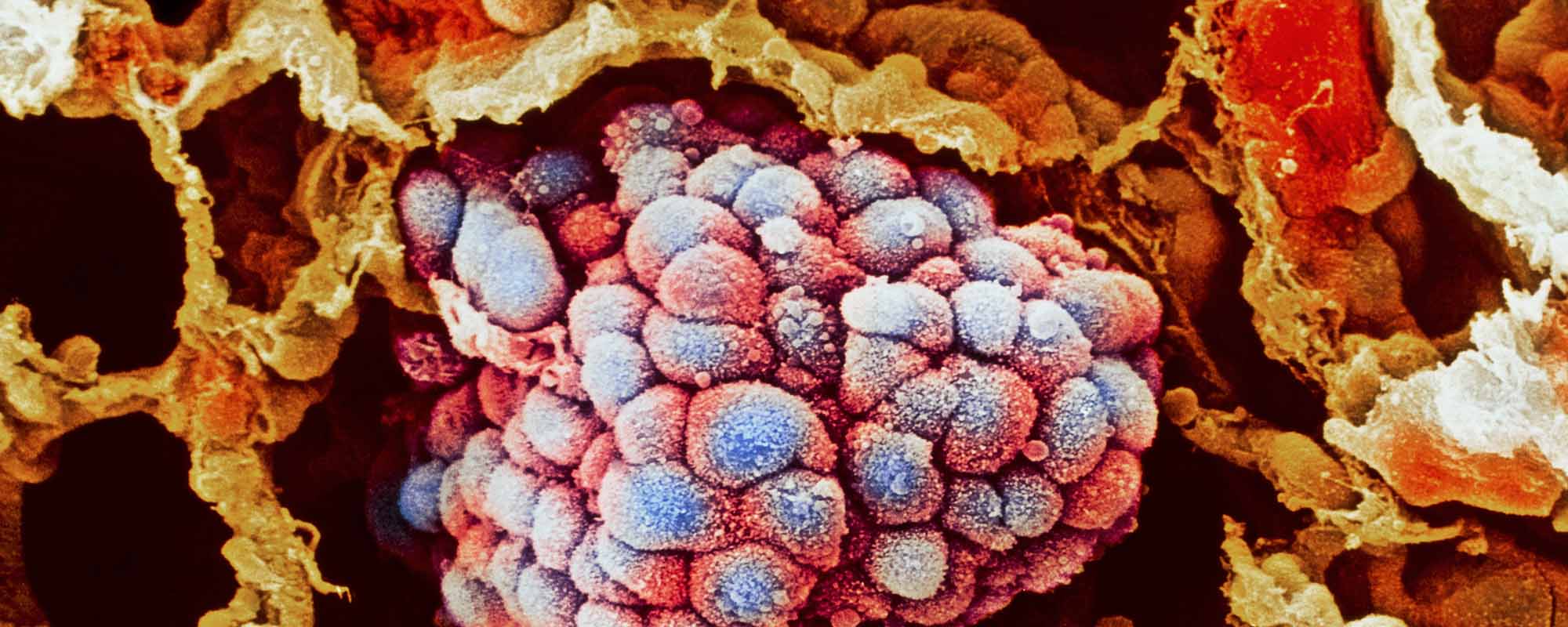The Latest Innovations
Completely eradicating cancer has never looked more promising. For starters, researchers now have a clearer understanding of the role of genetic mutations in cancer. It’s opened the door to a personalized medicine approach in which therapy selection is specifically designed for each individual patient. At the forefront of this groundbreaking advancement is immunotherapy— an exciting new type of treatment that harnesses the body's own immune system to take on disease-causing viruses and bacteria.
Considered the Holy Grail of cancer treatments, immunotherapy has yielded some of the most exciting new treatments with the promise of lasting results. For example, some immunotherapy treatments facilitate a stronger immune response to cancer, while others show the immune system what cancer looks like so it can better identify, target and kill the diseased cells.
Today, there are some 248 immuno-oncology therapeutics in development. Racing to the front of the pack is a type of immunotherapy called chimeric antigen receptor T-cell therapy (CAR-T). It works by transforming a patient’s white blood cells into an army to fight and destroy cancer cells. To receive the treatment, a patient’s T-cells are removed and armed with a new gene that allows it to recognize cancer. Then, the new T-cells are given back to the patient intravenously, where they can then identify and target cancer cells. Currently, there are 21 CAR-T cell therapies in development.
Also on the horizon are checkpoint inhibitors, which work by boosting the immune response to cancer cells. By using different mechanisms to trigger an enhanced reaction, these medicines have the potential to enable a patient’s immune system to fight the cancer. By bringing more of these treatments to life, researchers are inching closer to destroying cancer entirely. For everyone.






